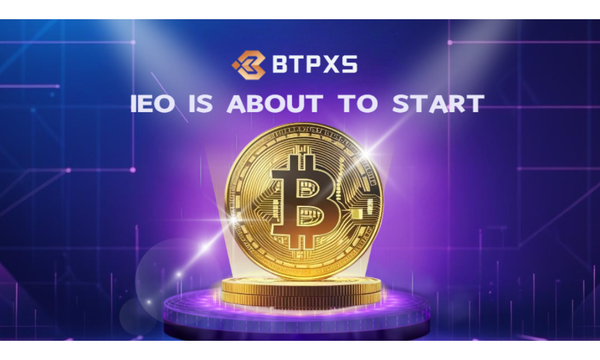A blockchain-solution for better transparency and traceability of everyday consumer products

Blockchain has infinite applications. On one end is the explosion of cryptocurrencies and solutions that revamps finance. On the other is the use of blockchain in tokenization and quality control. Through the blockchain, physical assets can be digitized and tracked in a transparent public blockchain.
Consumers Need a Tracing Solution
Rather than gravitating towards a wrung part of blockchain application, innovative platforms are looking elsewhere, exploiting what would potentially be a trillion-dollar industry. The LCMS platform, backed by the LCM Science—a project that has been around since 2014, is looking to leverage the blockchain's core properties for healthy products in the age of consumerism.
It is critical.
As a clarification, consumer products are essentially everything we buy. That includes food, cosmetics, and others. Statistics show that "consumer products," disturbingly, constitute nearly half of all emergency rooms visit in the U.S.
Although users might trust what they eat or put on their skins, these products can be hazardous if there are no quality control measures.
From the over 35 million consumer-product injuries recorded every year in the U.S., the United Nations Conference on Trade and Development estimates them to cost consumers a staggering $1 trillion or roughly $2,800 per citizen, every year.
Unfortunately, some of these injuries can be traced back to the contamination of cosmetic products. In 2016, health researchers in California reported that at least 13 cosmetic products had harmful ingredients.
Consequently, this forces the launch of user-centric platforms that place the user's interest first, especially on food and consumer products, including cosmetics.
Although the U.S. Environmental Protection Agency (EPA) has registered and approved over 83,000 chemicals under the Toxic Substances Control Act (TSCA) of 1976, there are concerns that they are not thoroughly tested for their impact on human health.
What's more complex, even if reforms are made to the TSCA, people have been exposed to their chemicals in several multiple combinations. This makes it complicated for scientists to determine their side effects and to recommend suitable therapies.
Why a Blockchain-based Solution is Necessary
The LCMS Platform is fronting a blockchain-based solution that prioritizes a healthy community over profits.
Through Distributed Ledger Technology (DLT), LCM Science is leveraging information flow's truthfulness for enhanced traceability of raw materials used to make various consumer products, including food and cosmetics.
Their primary focus is on cosmetics and encouraging the consumption of healthy foods. In their arrangement, the blockchain is critical in achieving distribution and rewarding participation. On this end, the LCMS Platform launched on the Ethereum network, a trusted, well-developed, and one of the most widely adopted smart contracting networks. Their native token, LCMS, is compliant with the ERC-20 standard and is available for trading at Digifinex and Bithumb Global.
By utilizing the blockchain, LCMS network users can better share information and review products transparently and anonymously. Thus, with better communication and information sharing in a blockchain-based platform that has already handled its data security, users can confidently trace the origin of end products. This way, they can gauge whether they are safe for consumption and if their production is environment-conserving.
Out of this system, the LCMS Platform has the LCMS token. It is an ERC-20 token that can be used for purchasing LCM Science products—including KF94 mask / dental mask and COVID-19 diagnostic kits—approved by the US FDA or making donations.
Since the LCMS Platform is focused on the community, a big portion of the 1 billion LCMS coins as total supply has been allocated to meet donor needs. Whenever LCMS coins are used to fund an initiative, an equivalent amount is burned, helping steady the token's value.
Check our guide of the most promising crypto




